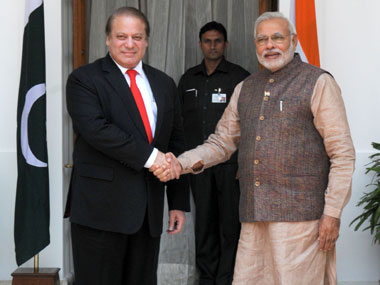Thiruvananthapuram, May 22: Domestic flyers arriving in Kerala must undergo strict home quarantine as per the lockdown guidelines, in view of increasing COVID-19 cases in the state, Health Minister K K Shailaja said on Friday.
"Even if the domestic flight services resume, those coming in must remain under strict home quarantine as per the guidelines.
There is no change in that. Most people will be coming from the major hotspots of the country," she said.
Announcing the resumption of domestic flight services from May 25, the Civil Aviation Ministry had indicated on Thursday that it was not in favour of quarantining passengers on short-haul flights.
However, the Assam government has made it mandatory for all air passengers coming to that state to stay in quarantine for 14 days.
Apart from the health department and the local self government institutions, Shailaja said the people of Kerala must also ensure that every returnee to the state remained under strict home quarantine in order to curb the spread of the disease.
"We need to strictly keep under observation all those who come fromoutside the state and make sure that they do not come into contact with others including their family members.
They should be effectively remain under room quarantine at their residence," she said.
The state reported 690 cases after 24 more tested positive for coronavirus on Thursday.
As of now over 80,000 people are under observation across the state.
On the death of a 73-year-old woman, who came from Mumbai, on Thursday, the minister said, "Khadijakuttycame from Mumbai along with three others. She alighted at Chavakkad. Her son who picked her up from there took her to the govt hospital as she was tired. She was given good care."
"However, as her condition worsened, had taken a decision to sent her to the medicalcollege. Her swab test was taken and she was tested positive, but she passed away," Shailaja said.
The minister sounded a word of caution that there would be an increase in cases in the coming days as the influx of people coming from abroad and other states would continue.
"We cannot prevent anyone from coming. They are our brothers and were suffering there. We need to save those who come here and also those who are here," the Minister said.
Shailaja said the southern state had successfully managed the first two phases of the viral outbreak in January and March.
"There were three deaths. But we managed to save the rest of the people including a 93-year-old man," she said.
The Minister further said the situation in the state changed after flight services resumed and the border roads were re-opened after May 7.
"Our fatality rate is low and recovery rate is high.
After May 7, when the flight restrictions were lifted and people from other states started coming in, we reported 188 cases.
At least 90 per cent of the positive cases came from outside and the rest are their contacts," she noted.
 New Delhi, Jun 14: Prime Minister Narendra Modi has replied to the letter written by Pakistan counterpart Nawaz Sharif last week, thanking Mr. Sharif for the sari he had gifted to his mother and saying that he looked forward to engaging Pakistan “in an atmosphere free from confrontation and violence in order to chart a new course in our bilateral relations.”
New Delhi, Jun 14: Prime Minister Narendra Modi has replied to the letter written by Pakistan counterpart Nawaz Sharif last week, thanking Mr. Sharif for the sari he had gifted to his mother and saying that he looked forward to engaging Pakistan “in an atmosphere free from confrontation and violence in order to chart a new course in our bilateral relations.”




Comments
Add new comment